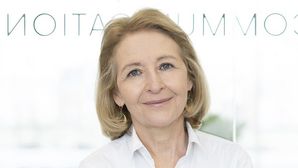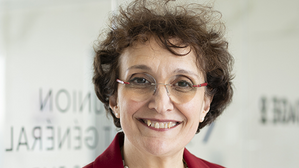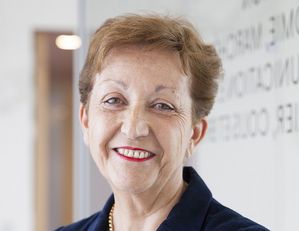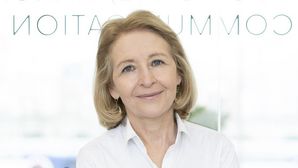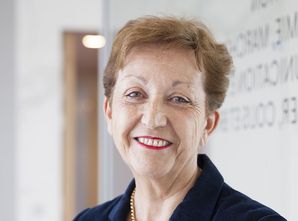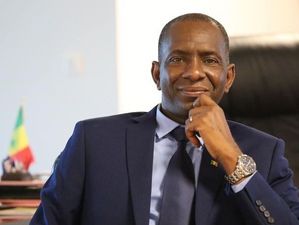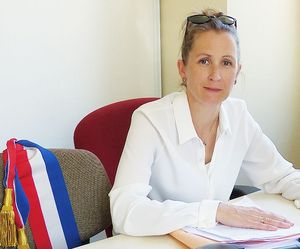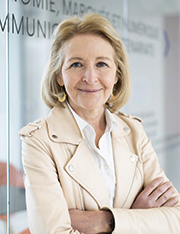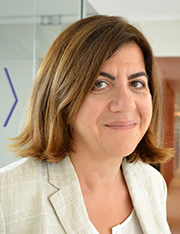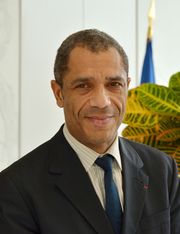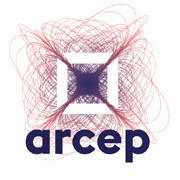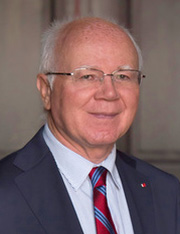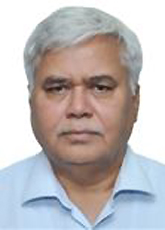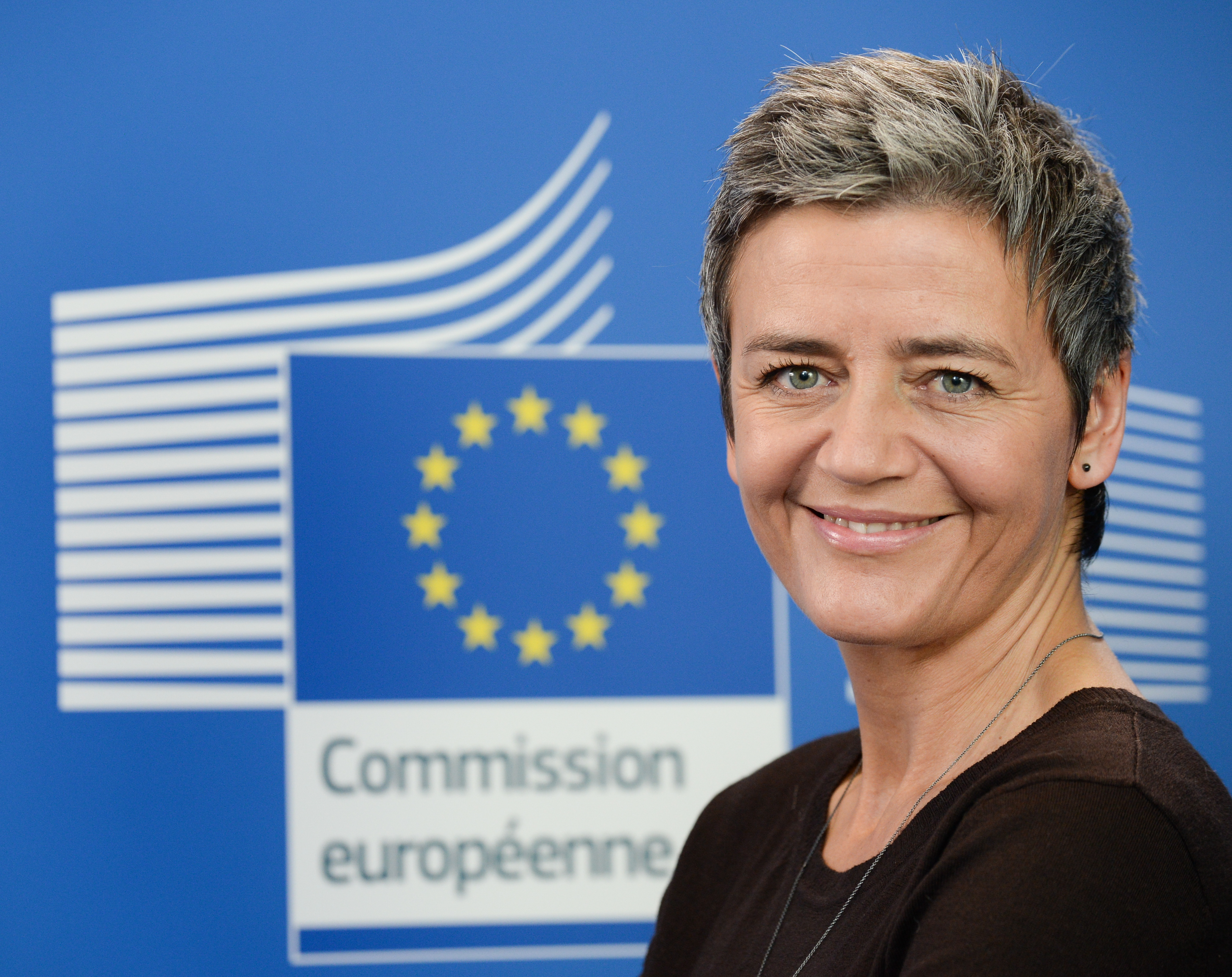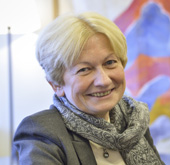Three questions for… Luca Belli, professor at the FGV Direito Rio law school and Director of the Centre for Technology and Society, on the 10th anniversary of Europe’s net neutrality regulation
What is the status of net neutrality around the globe? Are we seeing progress, or backsliding?
The current status of net neutrality around the world is one of contrasts, marked more by regression than any real advances. If the founding principle of an open, free and non-discriminatory internet is still viewed as the standard, its concrete implementation is facing growing economic, technological and political pressures.
One of the most concrete signs of this backsliding lies in the persistence – and even amplification – of zero-rating practices, in other words the supply of a small number of applications or services whose traffic is not deducted from the data allowance of customers whose mobile plan has a monthly data cap. This practice – which is already problematic in that it gives preferential treatment to certain dominant platforms (such as Meta’s social media sites) at the expense of other players – is now expanding into sponsored access to generative AI platforms, such as ChatGPT and Perplexity, as is already the case in Brazil. These platforms have the economic capacity and the incentive to engage in zero-rating to remain competitive against Meta AI (a solution that is automatically integrated into Meta services, and benefits from zero-rating in most Global South countries).
The situation in these countries is particularly revealing: net neutrality violations, which have often been tolerated over the past decade, are now being used to create even more closed and concentrated digital environments, dominated by a small handful of companies with considerable economic and technological power.
What additional threats do you think AI could create for net neutrality?
Generative AI is ushering in a profound transformation of the digital landscape, whose effects could be especially harmful to net neutrality. If the internet has historically been built on the model of a generative internet – i.e. based on decentralised contributions and users’ creativity – generative AI is, on the contrary, operates in a totally different paradigm of “generativity,” based on centralisation, opacity and reliance on concentrated resources.
This technology relies on massive infrastructures – data, computing power, energy, specialised labour – controlled by a small number of private companies. These companies, most of which are from the Global North, are working to turn AI into an essential infrastructure which they alone control, seeking to replace a wide range of public and private sector players. The effect of this process is a concentration of decision-making on the direction and pace of technological innovation, marginalising the participative and distributed creativity that has constituted the wealth of the open internet.
The way in which generative AI is developing today thereby upends the very foundations of open digital technology that was the cornerstone of the internet’s success. By centralising content production based on data collected from the open internet, these models tend to shrink the plurality of voices, homogenise creative works and steer the circulation of information – or disinformation – according to economic concentration processes.
In addition, these systems, which are integrated into search engines, virtual assistants and social media, are becoming exclusive intermediaries between users and online content. This shift in informational mediation is already changing the internet, from a space that can be browsed freely, to content that is developed organically in a filtered infrastructure, and in an industrialised, synthetic and homogenised fashion, with the goal of eliminating human creativity.
What do you believe are the most relevant regulatory and governance tools to address these risks and continue to enforce net neutrality?
The ways that internet governance has evolved over the past several decades has demonstrated how important multi-stakeholder collaboration and institutional regulation are to safeguarding the principles that enabled an open internet to flourish: interoperability, participation, transparency and distributed innovation. These lessons provide invaluable touchstones for crafting AI regulation and protecting net neutrality in a rapidly changing technological environment.
First, AI governance needs to draw its inspiration from the multi-stakeholder model, involving Governments, businesses, civil society and the scientific community, to draft and implement high quality, legitimate and efficient public policies. This creates the ability to instil an approach based on risk-management, defining clear red lines on unacceptable behaviours, coupled with independent monitoring and penalty mechanisms.
Second, transparency needs to be a cardinal rule. In the same way that ISPs’ traffic management practices constitute a pillar of accountability and public trust, AI systems need to be auditable and explainable. This means (at least partial) disclosure of training data, AI models’ architecture and decision-making processes, to enable effective democratic oversight, and prevent algorithmic bias.
Third, promoting interoperability must be a condition of competition and innovation. The history of the internet shows that technical openness fosters creativity and the emergence of new players. Counter to this dynamic, AI today is evolving within proprietary silos that limit cooperation. Proactive regulation must encourage portable models, fair and equal access to IT resources, and the adoption of open standards.
Lastly, decentralisation must become a strategic target for digital governance. Drawing from the internet’s resilient architecture, it supposes the development of shared infrastructures, pooled data models and local or community-based AI solutions. These mechanisms would strengthen digital sovereignty, reduce dependence on Big Tech companies, and safeguard diversity in innovation.
Relevant regulatory instruments do not seek to stifle innovation, but rather to correct the balance of power in the digital ecosystem, so that the dissemination of artificial intelligence consolidates – rather than erodes – the founding principles of net neutrality: openness, fairness, transparency and pluralism.
►The Post n° 82 - November 2025




